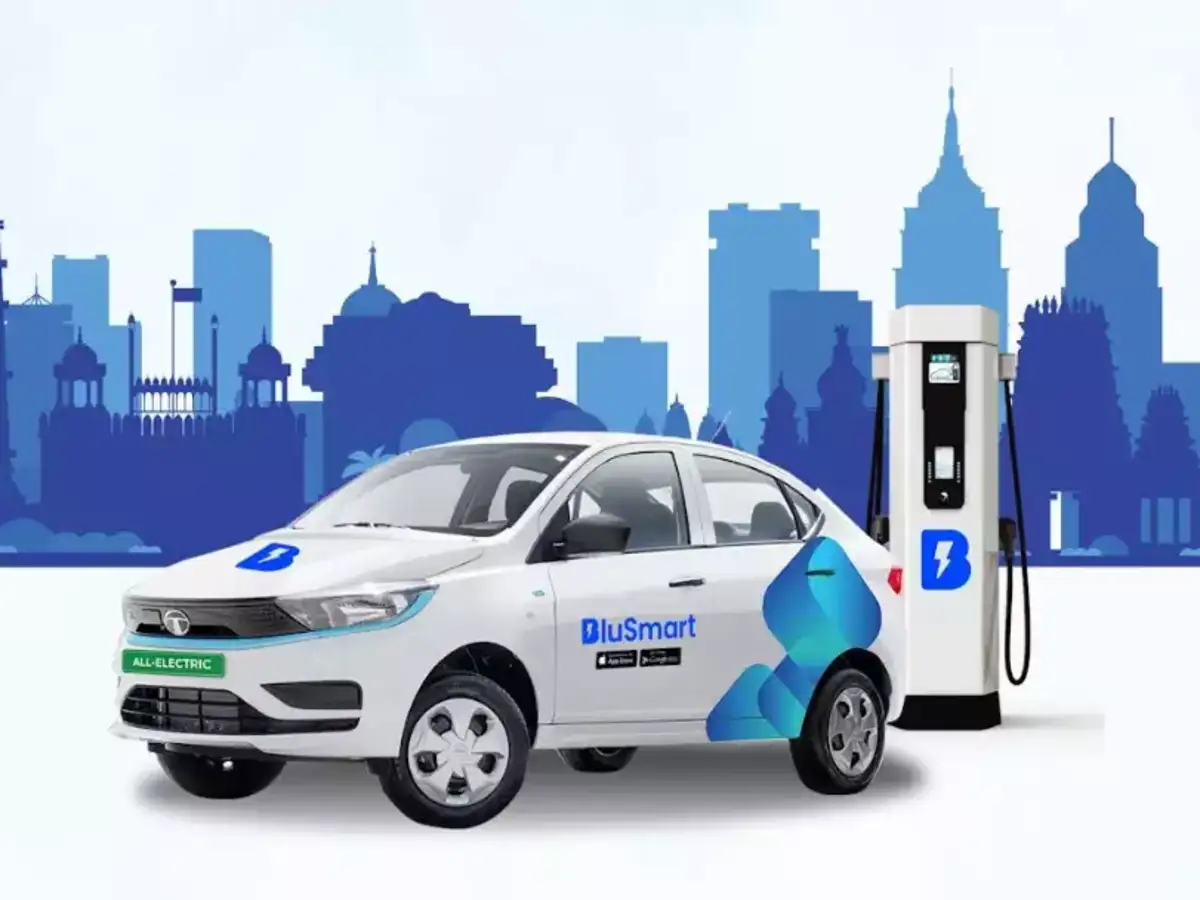Recent reports suggest that BluSmart, an all-electric ride-hailing service in India, may be considering a significant shift in its business strategy, potentially exiting the cab-hailing market. This consideration follows allegations of financial mismanagement against its co-founders and broader challenges within the company and its key partner, Gensol Engineering.
BluSmart, founded in 2019, distinguished itself by operating a 100% electric vehicle fleet and emphasizing sustainability. Unlike competitors like Uber and Ola, which operate on an aggregator model where drivers own their vehicles, BluSmart initially chose to lease its fleet, primarily from Gensol Engineering. This asset-heavy model, while ensuring quality control and reliability, has also been a source of financial strain.
Several factors appear to be contributing to BluSmart's potential exit. One major issue is the alleged financial mismanagement by its co-founders, Anmol and Puneet Singh Jaggi, who are accused of misusing company funds for personal expenses. The Securities and Exchange Board of India (SEBI) has criticized BluSmart's operations, indicating that the promoters treated company funds inappropriately.
Another challenge stems from BluSmart's close relationship with Gensol Engineering, a renewable energy and EV solutions company also founded by the Jaggi brothers. Gensol has faced its own financial difficulties, including loan defaults and a SEBI investigation for financial irregularities. These issues have cascaded onto BluSmart, impacting its operations and ability to secure favorable lease terms.
BluSmart's asset-heavy business model has also led to significant cash burn. Reports indicate the company was burning over ₹20 crore (approximately $2.4 million USD) per month, while efforts to raise additional funding have been unsuccessful. The company's expansion plans, including a foray into Dubai, have been scaled back.
If BluSmart exits the cab-hailing market, it is considering becoming a fleet partner for Uber. This transition would involve moving its existing fleet of electric vehicles to Uber's platform, starting with an initial phase of 700-800 cars. While BluSmart has not confirmed these reports, it has issued a statement emphasizing continuity in its operations, but also promising an official update in due course.
The potential exit of BluSmart would have implications for India's ride-hailing market and the broader electric vehicle ecosystem. Uber and Ola stand to gain market share, though they also face competition from newer entrants like Shoffr, Rapido and Namma Yatri. Shoffr, a Bengaluru-based company that recently launched in Delhi, has gained traction for airport transfers, while Rapido and Namma Yatri have adopted subscription-based models that are popular among drivers.
BluSmart's struggles highlight the challenges of operating an asset-heavy, all-electric ride-hailing service in a price-sensitive market. While the company has achieved significant milestones in terms of sustainability, saving nearly 24,000 metric tonnes of CO2 across 10 million electric trips, its business model has proven difficult to sustain. The company's experience serves as a cautionary tale for other EV startups, emphasizing the importance of robust financial models, cost control, and risk management.

















